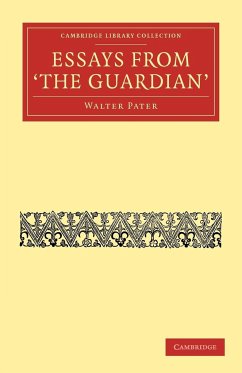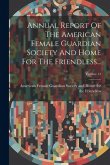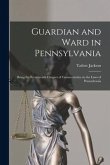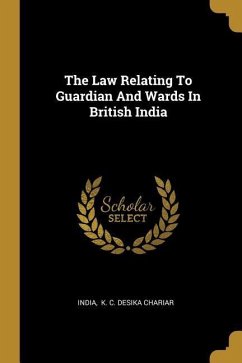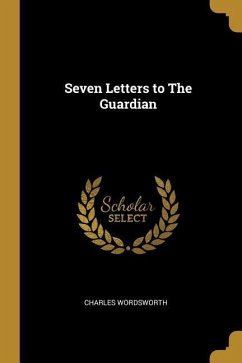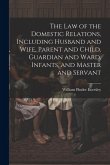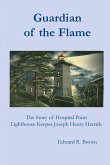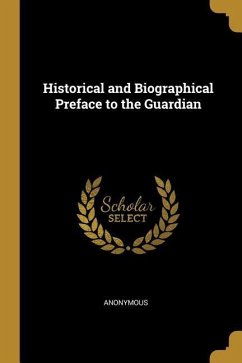Walter Pater (1839-94) was the foremost Victorian writer on art and on aesthetic experience. He brought his extensive knowledge of the history of art to bear on the new problem of how to explain the very personal affective response to beauty, and raised this into a central concern of aesthetic and philosophical thought. His ideas still shape modern assumptions about how art plays on our feelings and intellectual responses. Published alongside Pater's collected works of 1900-1, this collection reprints his essays from The Guardian, composed in the late 1880s. Pater turns to literary topics with these reviews of new editions of Wordsworth and anthologies of poetry, academic studies on Browning and on the English theatre, Mrs Humphrey Ward's novel Robert Elsmere and her translation of the philosopher Henri-Frédéric Amiel's private diary, as well as works by Edmund Gosse, Ferdinand Fabre and Augustin Filon.
Bitte wählen Sie Ihr Anliegen aus.
Rechnungen
Retourenschein anfordern
Bestellstatus
Storno

